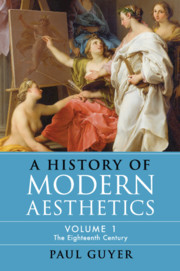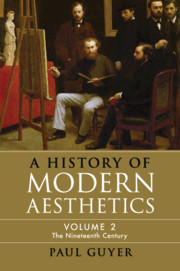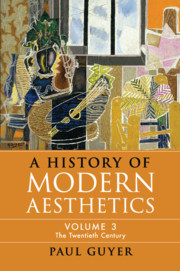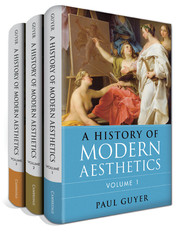A History of Modern Aesthetics
A History of Modern Aesthetics narrates the history of philosophical aesthetics from the beginning of the eighteenth century through the twentieth century. Aesthetics began with Aristotle's defense of the cognitive value of tragedy in response to Plato's famous attack on the arts in The Republic, and cognitivist accounts of aesthetic experience have been central to the field ever since. But in the eighteenth century, two new ideas were introduced: that aesthetic experience is important because of emotional impact - precisely what Plato criticized - and because it is a pleasurable free play of many or all of our mental powers. This book tells how these ideas have been synthesized or separated by aestheticians of modern times. This first volume recounts how philosophers in Britain, France, and Germany developed these new approaches and searched for ways to combine them with the cognitivism of traditional aesthetics.
- The most comprehensive history of aesthetics in more than half a century, and the first focusing on the modern period
- Offers both biographical information and extensive interpretation not only of the best-known figures in the field but also of many now less well-known but fascinating thinkers
- Illustrates its discussion with ample quotation, often providing the first English translation of passages from important works in aesthetics in German, Latin, and French
Product details
September 2018Paperback
9781108733816
590 pages
228 × 152 × 35 mm
0.88kg
Available
Table of Contents
- 1. Prologue
- Part I. Aesthetics in Britain, 1725–1800:
- 2. Hutcheson to Hume
- 3. Hogarth, Burke, and Gerard
- 4. From Kames to Alison and Stewart
- Part II. French Aesthetics in Mid-Century:
- 5. André to Rousseau
- Part III. German Aesthetics between Wolff and Kant:
- 6. The first generation of Wolffian aesthetics
- 7. German aesthetics at mid-century
- 8. Coming closer to Kant
- Part IV. Kant and After:
- 9. Kant
- 10. After Kant.









